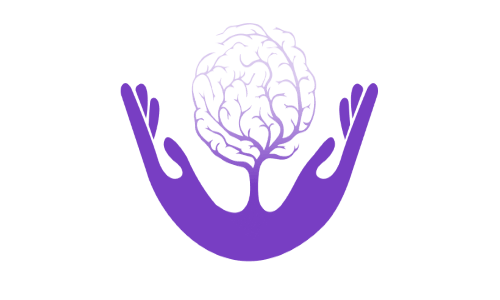
Live – ACT Advanced Strategies to Increase Psychological Flexibility: Case Conceptualizations
Open to access this content

Open to access this content

Open to access this content

Open to access this content

Open to access this content

Open to access this content